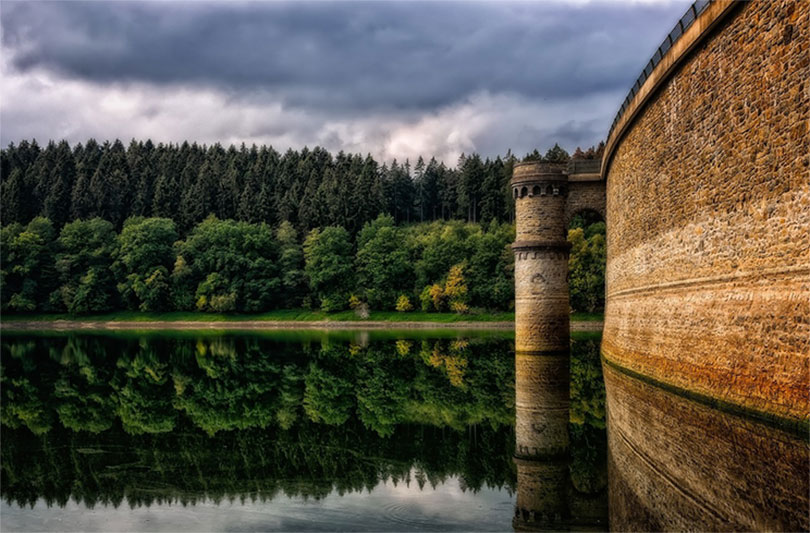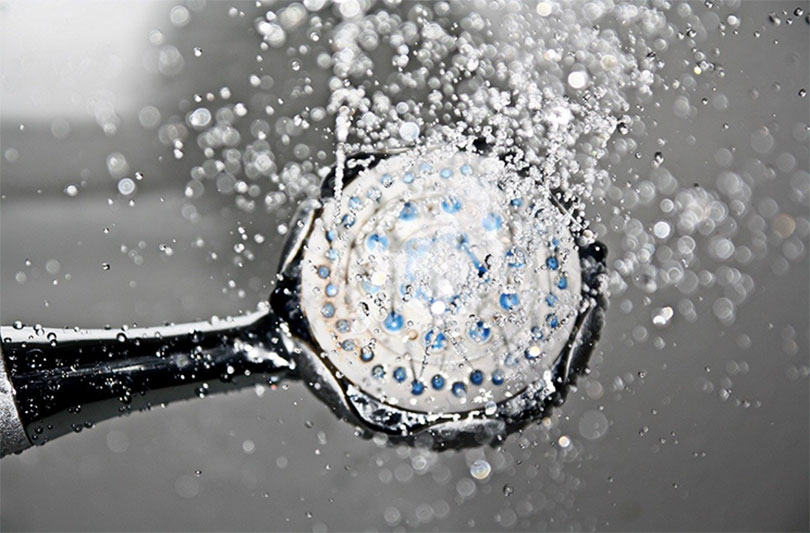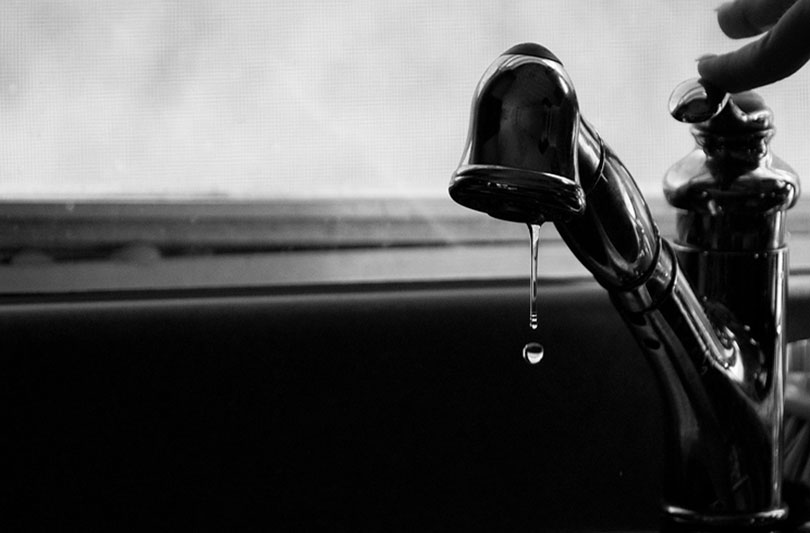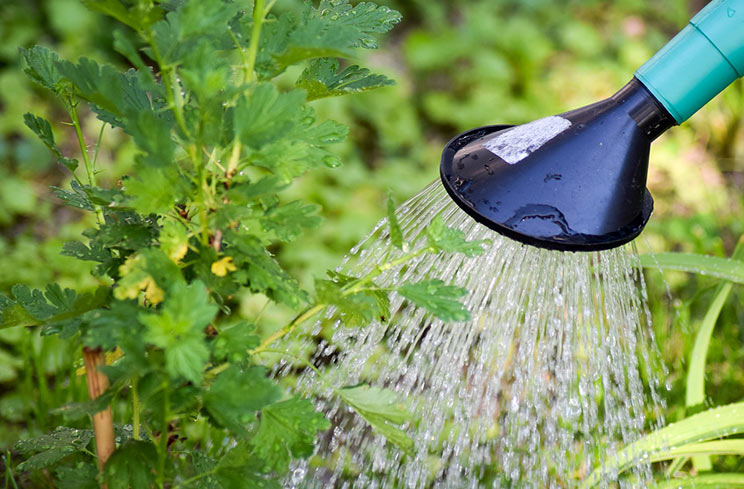In the UK there are over 26 million household and business properties connected to our public water supply network. As our population increases, and our weather patterns become more unpredictable, the demand for water is likely to become more difficult to meet. Currently around half of English water companies are operating under serious stress.
In the UK water consumption statistics are important, and we should all be taking more notice of our average water usage. One of the best ways to do this is to use a water usage calculator. In this post we take a look at why water usage matters and how to calculate your average water use. We’ll also offer some handy tips on how to save water, at the same time as saving money.
Water usage matters
You’ll sometimes hear water described as ‘the forgotten utility’. We’re all used to the idea of switching off lights to save electricity or turning down the thermostat to cut our gas bills but many of us forget to include our water bills in our utility calculations.
Reducing our water usage isn’t just good for our personal or business finances. The amount of water we use has big implications for our environment. It’s a simple calculation, the more water we use, the more energy the water companies need to provide it. Put simply, by using too much water we’re contributing to the climate change that is already threatening our water supply.
Rising water usage
If you’ve recently noticed an increase in your water bill, this is almost certainly because you’re using more water. Water bills are calculated by different factors including your tariff and the size of your household. There are a few factors that might be influencing your water usage.
- Issues with your plumbing – look out for leaks and drips
- Home improvements – these will mean a temporary increase in water use
- Home working or higher occupancy – more toilet flushes and kettle boils
- New household appliances – although using a dishwasher can save water
- New hobbies – gardening, hot tubs, and even more exercise can increase water usage

Water usage calculators
The average person in England or Wales uses 141 litres of water each day. That’s equivalent to 248 pints of milk. This rate is higher than in some similar European countries. It’s also higher than the UK government target of 130 litres per person per day.
The first step to reducing water consumption is to understand how much water your household currently uses. This water usage calculator from Anglian Water allows for household size, baths and showers, clothes and dishwashing, and garden watering. It also lets you know your average water usage per person, and your predicted yearly bill.
Water meters reduce water consumption
Studies have shown that fitting a water meter is one of the best ways to reduce water consumption. On average non-metered water customers in England and Wales use 171 litres per day, much more than the 129 litres used by those with water meters.
By 2019 around 92% of households in the Anglian Water area had been fitted with a water meter. Fitting (and removal in the first two years) is free and the average household saving for metered water users for 2019 was £171.
Water consumption tips
As well as having a water meter fitted, there are other ways to reduce your water consumption. We’ve focused on household water usage here but some of the tips are just as relevant to businesses.

Pay attention to your toilets
Around a quarter of the water your household uses is flushed down the toilet. If this is more than you thought, you might like to change a few things.
- Check for leaking toilets (even a small dribble can use a lot of water)
- Fit cistern displacement devices (to reduce the amount of water you use per flush)
- Update older loos (make sure everyone understands the dual flush)
Take more notice of your showers
You might think that a shower uses less water than a bath but shower water efficiency is dependent on a number of factors.
- Power showers sometimes use more water than baths
- Traditional showerheads use more water than aerated or low flow ones
- It is possible to get really clean during a 4-minute shower
- If you do choose to have a bath, you can reuse the water in your garden
Be aware of your taps
Dripping taps aren’t just annoyingly noisy; they can also cost a lot of money. However, once you start noticing the water flowing through your taps, it’s easy to make a few important changes.
- Wash vegetables in a washing up bowl instead of running the tap
- Put the plug in to catch and reuse water
- Fix dripping taps as soon as you spot them
- Turn off the tap while you’re brushing your teeth
- Chill drinking water in the fridge to avoid running it through the tap

Green up your garden
Gardening is quite rightly a popular UK hobby but gardens can be really thirsty, especially in hot weather. A few tweaks to your watering methods can make all the difference.
- Use a watering can instead of a hose
- Add a mulch around your more thirsty plants
- Grow drought resistant plants in dry garden areas
- Collect rain water in a water butt, old dustbin or even a collection of buckets
Water softeners and water consumption
To understand how much water your water softener uses, you first need to understand how it works. Once your water softener has caught the minerals from your hard water, it needs to clean these away by flooding the system with salt water. This process is called regeneration.
Different types of water softener systems use different amounts of water for regeneration. Dual tank or on-demand systems can often use less water than single tank systems. It’s worth chatting to the experts about water consumption before you have a new water softener installed.
Free no-obligation quote
Cutting down on your water consumption can save you money, and help you do your bit for the environment. For expert advice on water softeners, taps and filters, get in touch with our team today. We’ve been solving customers’ home and business water problems since 1999, and will be happy to advise you on the most suitable systems. We offer competitive pricing on a range of filters, taps and water softeners including installation, service and repair.
- Water Softener Size Guide: How to Select the Perfect Fit for Your Home or Business - February 25, 2025
- Under Sink vs Whole House Water Filters: The Complete Homeowner’s Guide - November 27, 2024
- 7 Surprising Ways Water Softeners Transform Your Skin: Unveiling the Secret to Radiant Complexion - July 17, 2024

